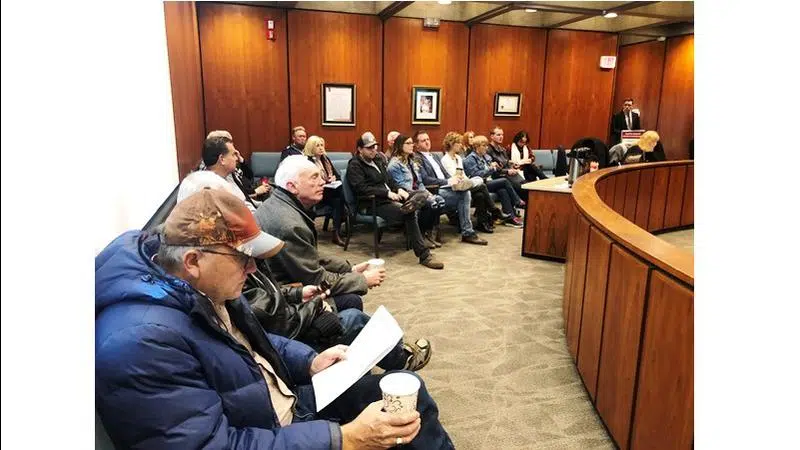
Red Deer Dream Centre denied by Municipal Planning Commission
Red Deer’s Municipal Planning Commission (MPC) has denied an application to turn a former downtown into a drug and alcohol treatment facility.
The decision regarding the proposed Red Deer Dream Centre came after a split 3-3 vote amongst MPC members on Wednesday.
Mayor Tara Veer and citizen representatives Tony Lindhout and Troy Corsiatto voted in favour of the proposal, while citizen representative Kevin Jackman and councillors Lawrence Lee and Vesna Higham voted against the application. MPC citizen representative Daniel Jerusalimiec was absent.
The Development Permit application was for a Temporary Care Facility to be located at 4614 50 Avenue.


